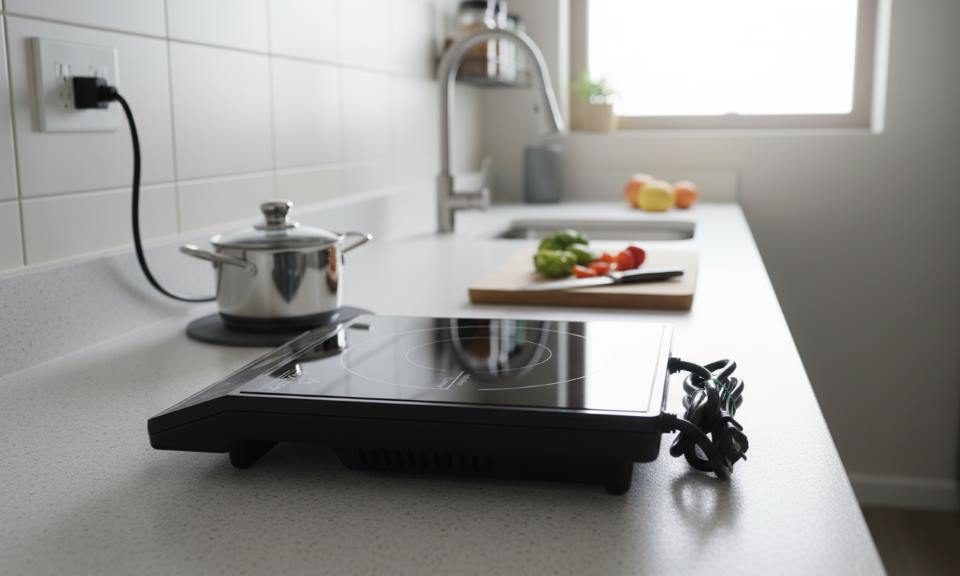Chain-Free Properties: Why They’re Worth the Premium
August 10, 2025Turning Your Front Garden into a Driveway
August 15, 2025Understanding the different types of carers can help families make informed choices about the right care for their loved ones. Here, we’ll take a closer look at six kinds of carers, explaining what they do and how they help to make life safer, easier, and more enjoyable for the people that they support.
Table of Contents
Toggle1. Respite Care
Respite care provides temporary relief for primary caregivers, allowing them to rest while still making sure the loved one continues to receive attentive care. This can take place at home, in a care facility, or in a day centre.
2. Palliative Care
Palliative care focuses on improving the quality of life for individuals living with serious or terminal illnesses.
3. Companionship Care
Companionship carers give social interaction and emotional support to those who may feel lonely or isolated. Carers will chat, accompany clients on outings, and provide general assistance with daily activities.
4. Dementia Care
Dementia care supports people living with Alzheimer’s disease or other forms of dementia. Carers help with memory support, daily routines, and making sure their clients are safe.
5. Nursing Care
Nursing care is professional healthcare support for individuals with more complex medical needs that require trained nurses. Carers can provide wound care, give medicine and organise coordination with doctors. Those exploring care assistant jobs, like those posted at www.caremark.ie/job-opportunities/, may find this area requires additional training but can be highly rewarding.
6. Parkinson’s Care
Parkinson’s carers help with mobility, medication management, and exercises to keep muscle function, as well as offering companionship.


